FDA Keyword Relevance Checker
Find Your Relevant FDA Alerts
The FDA's Safety Communications service uses keywords to send you relevant alerts. Choose the right terms and you'll get timely warnings about your specific products and health needs.
Keyword Analysis Results
Results for your keywords
Real FDA Alert Examples
"FDA Alert: Some models of Medtronic insulin pumps may over-deliver insulin. Contact your healthcare provider to check your device."
"FDA Alert: Certain lots of peanut-based protein bars may contain undeclared peanuts. If you have a peanut allergy, stop using immediately."
Every year, the FDA issues hundreds of safety alerts about medicines, medical devices, food, and other regulated products. Some of these alerts warn about life-threatening defects. Others reveal hidden risks in everyday items you use without thinking. If you’re not signed up for FDA Safety Communications, you’re flying blind.
Why This Isn’t Just Another Email List
Most people think of recalls as something that happens after a product is already on the market and people are getting hurt. But the FDA doesn’t wait for that. Their system now catches problems before they become full-blown crises. Since July 2022, the Enforcement Report Subscription Service lets you choose up to five custom keywords-like “insulin,” “pacemaker,” or “peanut”-and get emails only when those exact terms appear in new safety notices. No more sifting through dozens of irrelevant updates. Just what matters to you.Take someone with a severe peanut allergy. They could subscribe to “peanut” and “arachis” (the scientific name). If a new batch of protein bars is found to be contaminated, they’ll get an email within hours-not days. That’s the difference between panic and preparedness.
The Three Layers of FDA Alerts
The FDA doesn’t use one system. It uses three that work together:- Enforcement Report Subscription Service - Covers all FDA-regulated products: drugs, devices, food, cosmetics. This is where you set your keywords. It’s the broadest net.
- Medical Device Safety Communications - Focuses only on devices like pacemakers, glucose monitors, ventilators, and even surgical gloves. In 2022 alone, the FDA issued 45 of these. Many aren’t recalls-they’re updates, warnings, or advice on how to use a device safely.
- Early Alert Communications - Launched in November 2024 as a pilot and expanded to all medical devices on September 29, 2025. This is the game-changer. It doesn’t wait for a formal recall. If the FDA learns a device might cause serious harm-even if the manufacturer hasn’t agreed to pull it yet-they send out an alert. These include clear instructions: “Stop using,” “Check your serial number,” “Contact your doctor.” They even copy the language companies use when warning their own customers.
Together, these systems mean you’re not just reacting to recalls-you’re getting early warnings that let you act before something goes wrong.
Who Should Subscribe (And Who’s Already Missing Out)
This isn’t just for patients. It’s for anyone who uses, prescribes, or sells FDA-regulated products.- Patients with chronic conditions - If you take insulin, use a ventilator, or wear a hearing aid, you need to know if there’s a flaw in your device or medication. One alert in 2023 warned about faulty insulin pumps that could deliver too much or too little. Hundreds of people were affected. Those who subscribed got the email before they ever noticed symptoms.
- Healthcare providers - Doctors, nurses, and pharmacists rely on these alerts to make real-time decisions. A 2024 alert about contaminated surgical gowns led to immediate changes in OR protocols. Those who didn’t subscribe kept using the same supplies.
- Medical device manufacturers - The FDA says monitoring these alerts isn’t optional. It’s a regulatory requirement. If your device is similar to one flagged in a safety communication, you may need to update your risk assessments, notify customers, or even recall your own product. Ignoring these updates can lead to fines, lawsuits, or worse.
- Parents and caregivers - If you use a baby monitor, a glucose meter for your child, or a nebulizer, you’re responsible for their safety. One 2023 alert warned about a popular infant feeding pump that could overheat. Parents who subscribed were able to stop using it before any injuries occurred.
People who don’t subscribe aren’t just uninformed-they’re at higher risk. The FDA’s own data shows that 68% of adverse events linked to medical devices could have been prevented if users had acted on earlier warnings.
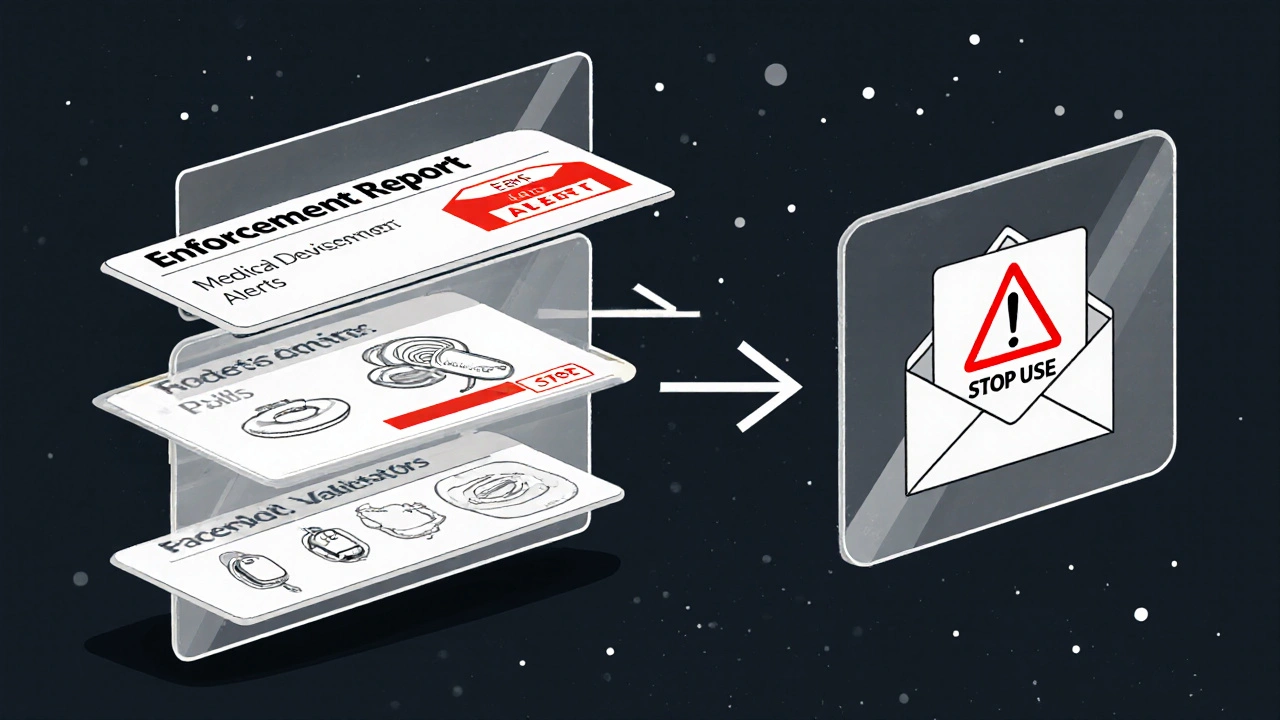
How to Subscribe in Under 5 Minutes
It’s free. It’s simple. And you can do it from your phone.- Go to www.fda.gov/safety/alerts.
- Under “Subscribe to Email Updates,” click “Enforcement Report Subscription Service.”
- Enter your email address.
- Choose up to five keywords. Use common terms: brand names, active ingredients, device types. Examples: “Lipitor,” “Miralax,” “glucose monitor,” “ventilator,” “hearing aid.”
- Click “Subscribe.”
For medical device-specific alerts, go to “Subscribe to Medical Device Safety and Recalls” on the same page. You’ll get all device-related communications, including Early Alerts, automatically.
That’s it. You’ll start receiving emails within 24-48 hours. The frequency depends on your keywords. Someone who picks “aspirin” might get 2-3 alerts a year. Someone who picks “insulin pump” might get one every few months. But when one comes, it’s urgent.
What You’ll Actually Get in Your Inbox
These aren’t generic press releases. Each alert includes:- Product name and manufacturer
- Exact model numbers or lot codes affected
- What went wrong (e.g., “battery may fail,” “label may be misprinted”)
- How many reports of injury or death exist
- Clear “What to Do” instructions
- Links to FDA’s official recall page and contact info
One 2025 alert about a faulty blood pressure cuff listed 17 reported cases of incorrect readings, including one stroke. The “What to Do” section told users to stop using it immediately and contact their doctor for a replacement. That’s the kind of detail you won’t find on a news site.
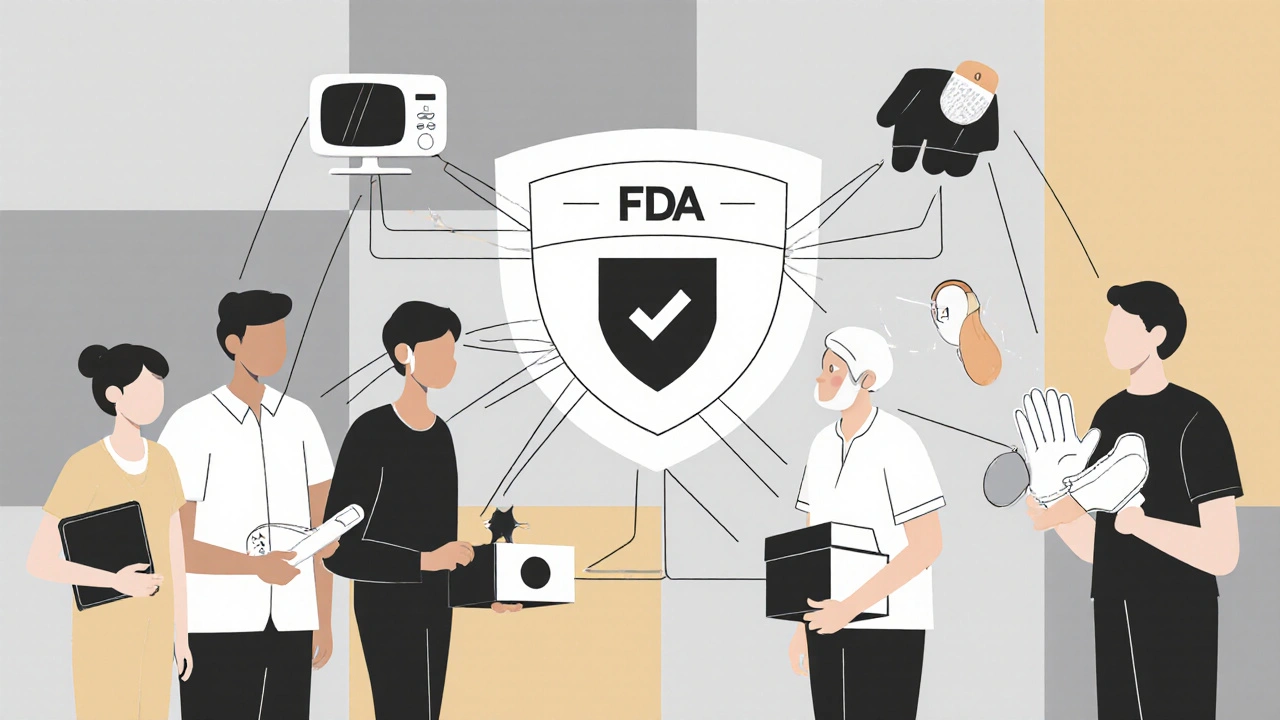
Limitations and What to Watch For
No system is perfect. Here’s what you need to know:- Keyword dependency - If you don’t know the right term, you won’t get the alert. “Peanut” works. “Arachis” might not. Stick to common names. If you’re unsure, check the FDA’s product database first.
- Not all issues are public - Some problems are reported internally and never become public alerts. That’s why the FDA also uses the FDA Adverse Event Reporting System (FAERS) and the Sentinel System (which tracks data from over 300 million people). These feed into the alerts, but you can’t subscribe to them directly.
- Early Alerts are new - Since the September 2025 expansion, coverage is now complete for all medical devices. But if you subscribed before then, you may have missed alerts for devices outside the original pilot categories (like dental implants or orthopedic braces).
The key is to choose keywords wisely. Don’t pick too many. Five is the max. Pick the ones that match your real-world use.
What Happens After You Subscribe
Once you’re signed up, you’ll start seeing patterns. You might notice that certain manufacturers have recurring issues. Or that a specific ingredient keeps showing up in food recalls. That’s not coincidence-it’s data. And it’s power.Some users have started sharing alert summaries with their support groups. A diabetes community in Ohio created a weekly digest of FDA insulin alerts. A nursing home in Texas now checks the FDA site every Monday before restocking supplies. These aren’t extreme actions-they’re smart ones.
The FDA doesn’t send alerts to scare you. They send them to give you control. In a world where product recalls are common and misinformation spreads fast, this is one of the few reliable, free, and immediate tools you have to protect yourself and your loved ones.
What’s Next for FDA Alerts?
The FDA is already testing ways to make this even better. Early experiments are looking at using AI to predict which keywords users might need based on their health history. There are talks about integrating alerts into electronic health records. And some advocates are pushing to expand Early Alerts to drugs and food-beyond just devices.For now, the system works. And it’s only getting more precise. The September 2025 expansion proves the FDA listens. If you’re not signed up, you’re not just missing updates-you’re missing protection.
Do I need to pay to subscribe to FDA Safety Communications?
No. Subscribing to FDA Safety Communications is completely free. There are no fees, no premium tiers, and no hidden costs. You only need a valid email address and a few keywords related to your health or product use.
How often will I get emails after subscribing?
It depends on your keywords and how often safety issues arise. Someone who subscribes to “aspirin” might get 1-2 emails per year. Someone who chooses “insulin pump” or “ventilator” could get one every few months. If you pick broad terms like “device,” you might get too many. Stick to specific, personal terms for the best results.
Can I unsubscribe or change my keywords later?
Yes. Every email includes an unsubscribe link at the bottom. To change your keywords, you’ll need to unsubscribe and re-subscribe with new terms. The system doesn’t allow edits after signup, but updating is quick and free.
Are these alerts only for people in the U.S.?
Yes. The FDA’s subscription service only sends alerts to U.S.-based email addresses. However, international users can still view all public safety communications on the FDA website. If you’re outside the U.S., you can manually check the site weekly for updates.
What if I don’t know the right keywords to use?
Start with the product name or active ingredient. For example, if you use a Philips CPAP machine, use “Philips CPAP.” If you take metformin, use “metformin.” Avoid vague terms like “medicine” or “device.” Check the FDA’s recall database first to see how products are officially named. You can also look at past alerts to see what terms they use.
Do FDA alerts include food and cosmetic recalls?
Yes. The Enforcement Report Subscription Service covers all FDA-regulated products: drugs, devices, food, cosmetics, and tobacco. You can subscribe to keywords like “peanut,” “lotion,” “sunscreen,” or “e-cigarette” to get alerts about those categories too.
Can I receive alerts via text message instead of email?
No. The FDA currently only offers email notifications. There is no SMS or app-based alert system. If you want real-time updates, you’ll need to check the FDA website daily or set up an email filter to flag FDA alerts as high priority.



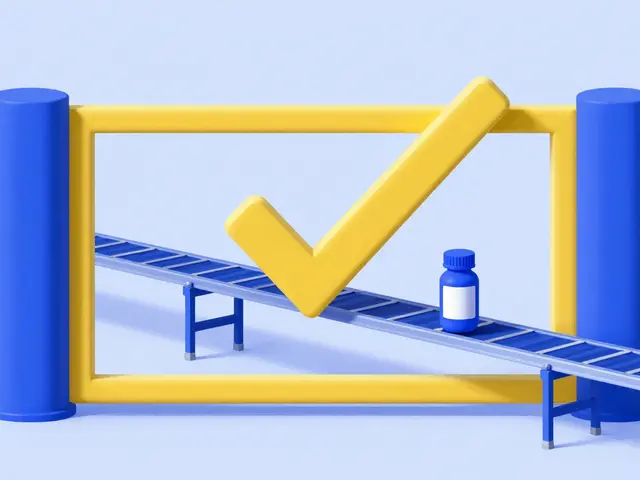
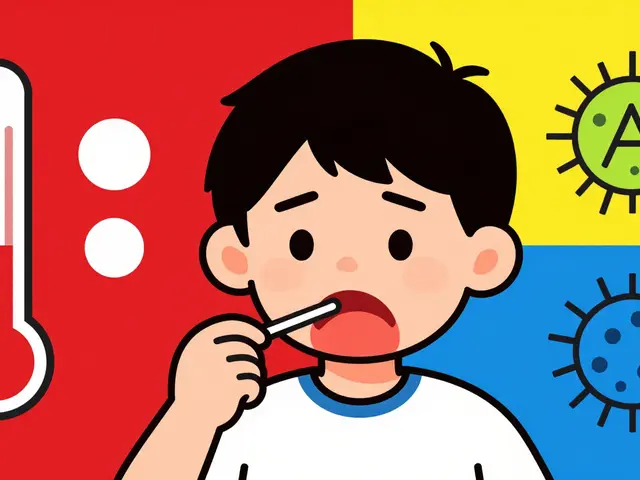

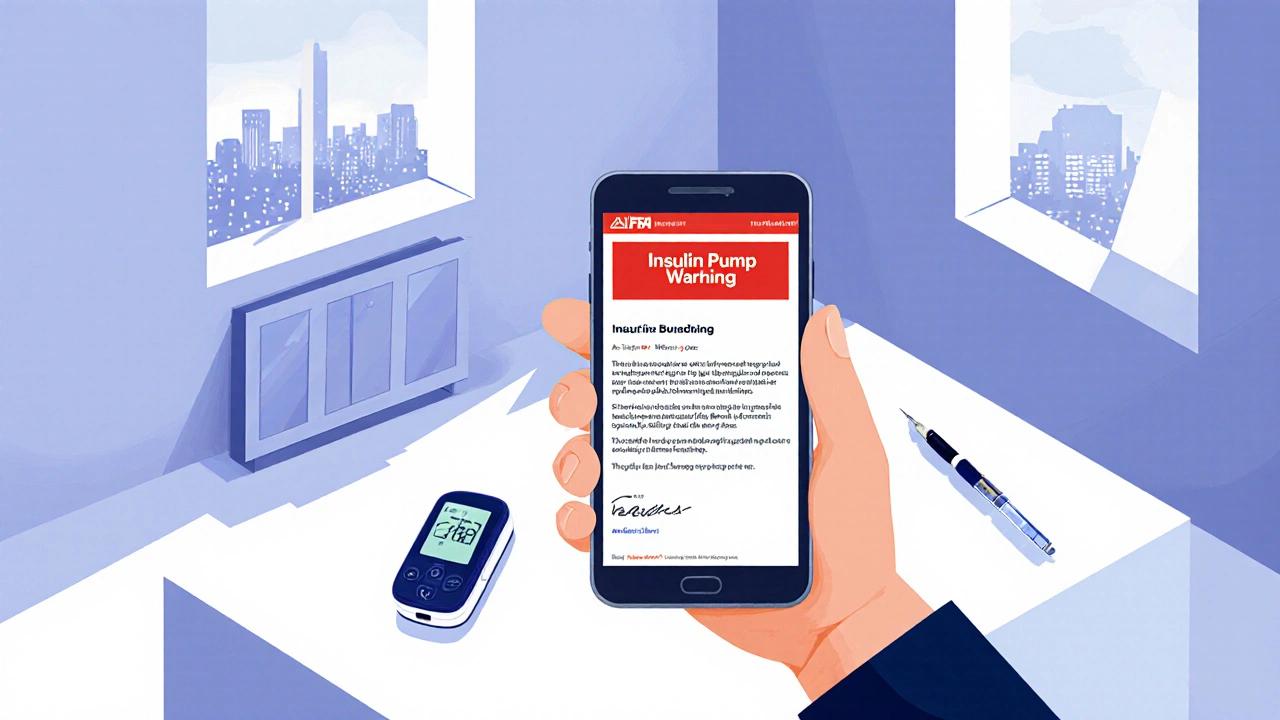
Write a comment